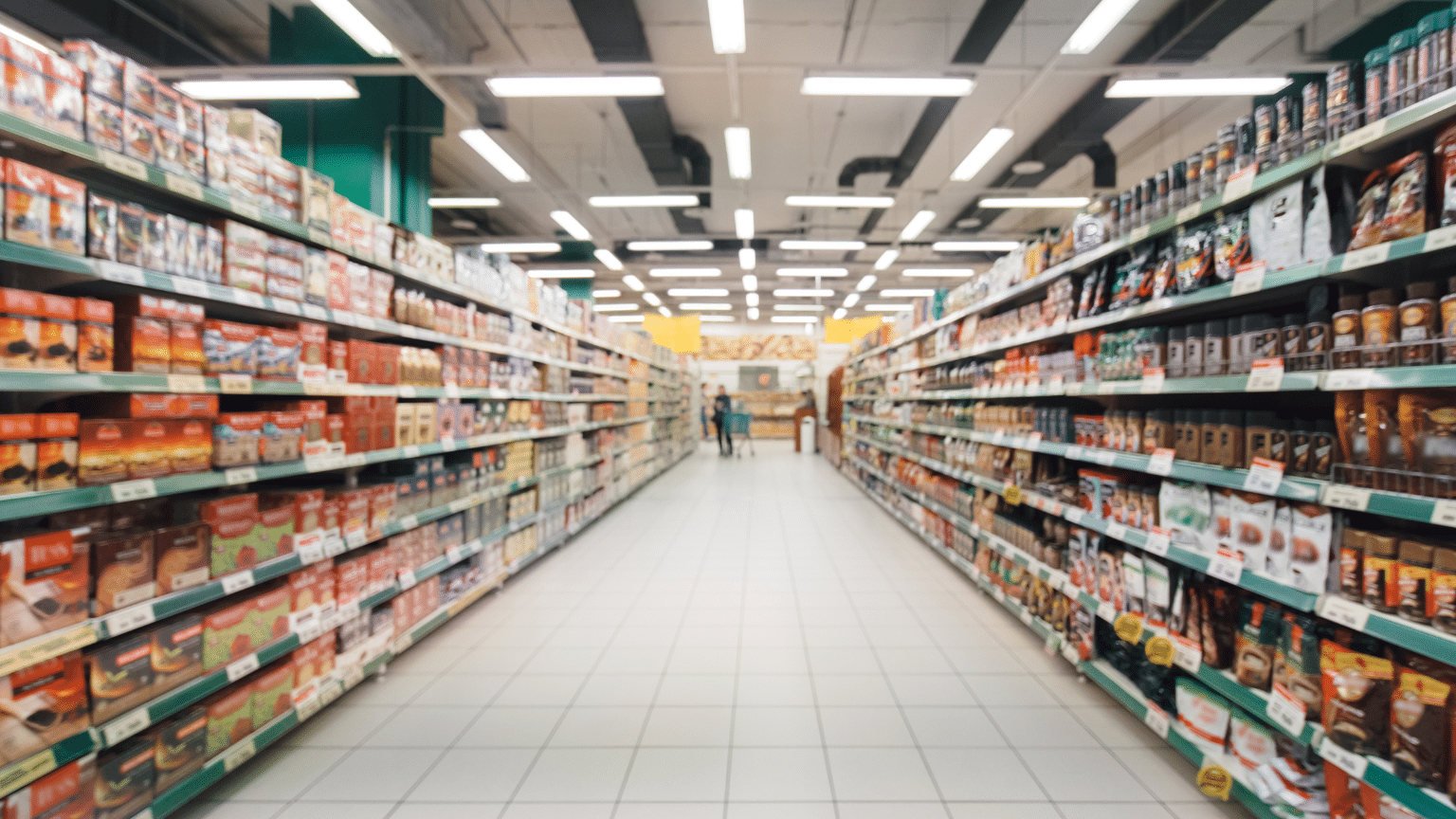Last week’s ACCC Supermarket Inquiry Report represented the eighth taxpayer-funded report into the supermarket sector in recent years.
Like many previous reports, within the more than 440 pages of careful research there was no evidence of supermarket price gouging – a fact the Federal Treasurer and the ACCC also acknowledged the day it was released.
During the pandemic years, we saw the vital role our supermarkets played to service communities – a role they have continued to play when natural disasters strike, including very recently in Queensland.
It is understandable that tensions about food pricing will arise during a cost-of-living crisis – as they have around the world.
But within this, we must have a reasonable and mature discussion around the realities of running a large business in a market like Australia – a country perpetually and uniquely challenged by scale issues with a relatively small population and a vast geography.
We have a tendency to bash big business in Australia.
But unless we want to be a country run by multinationals, we need our own big businesses to thrive and that means it’s important to acknowledge the mechanics of their operations.
Australian supermarkets make an enormous contribution to our wellbeing.
Collectively they employ more than 350,000 people, pay significant taxes, their shares are owned by local mum and dad investors and superannuation portfolios and they source much of their product from our own shores.
Our supermarkets are enormous contributors in times of crisis such as bushfires and flooding – not only supplying locals but also donating emergency supplies.
The Australian grocery sector remains highly competitive, with a growing number of physical and online shopping alternatives, with new entrants gaining market share.
We must use the outcome of these major investigations to acknowledge the light it has shone onto the realities of our commercial supply chain in Australia.
Here’s ten things about Australian supermarkets, supported in the report, which are important to understand:
- Australia has one of the largest geographic regions in the world for the small size of its population.
- Despite the enormous cost of doing business and supply chain challenges faced by the industry, food inflation has remained relatively stable, and household spending on food has declined as a proportion of total expenses.
- Grocery inflation in Australia is lower than many OECD countries.
- Our supermarkets operate one of the longest supply chains in the world, with low population density so these businesses must be profitable and operate efficiently to operate and serve millions of Australians.
- In recent years, during the period when price gouging claims have run rampant, Coles net profit margin of 2.6% has remained stable and Woolworths has remained stable at less than three cents in the dollar.
- Supermarkets support regional communities by defraying transport and supply chain costs across all their stores, ensuring that even those in outlying areas have access to fresh food and goods with prices largely the same in almost all stores nationwide.
- The rising cost of doing business has driven higher grocery prices.
- Competition in Australia’s grocery sector continues to evolve, with a growing number of physical and online shopping alternatives that are now vying for a share of the weekly grocery spend.
- New entrants are gaining market share, and cross-shopping behaviour among consumers is at an all-time high, ensuring strong competition within the industry.
- Supermarkets have proactively implemented many measures to benefit consumers and suppliers including enhancing pricing transparency, increasing promotional offers, expanding affordable product ranges, and supporting a mandatory Food & Grocery Code with penalties attached.
Supermarkets have fully cooperated with the ACCC and others during the inquiry process and are carefully reviewing the recommendations of the report.
Recommendations that improve transparency for suppliers and customers are welcome – but measures that increase red tape, stifle productivity or further drive-up costs need to be called out and avoided.
We can all get behind policies that drive down business costs, because this ensures savings can be passed on to consumers. It is important that regulatory changes do not inadvertently increase supplier costs or introduce inefficiencies that could place upward pressure on prices.
Instead of trying to tear down Australian businesses, we might be better placed to consider how we can continue to encourage healthy competition without eroding the positive impact these important businesses in the Australian food and grocery world contribute to our nation.






















